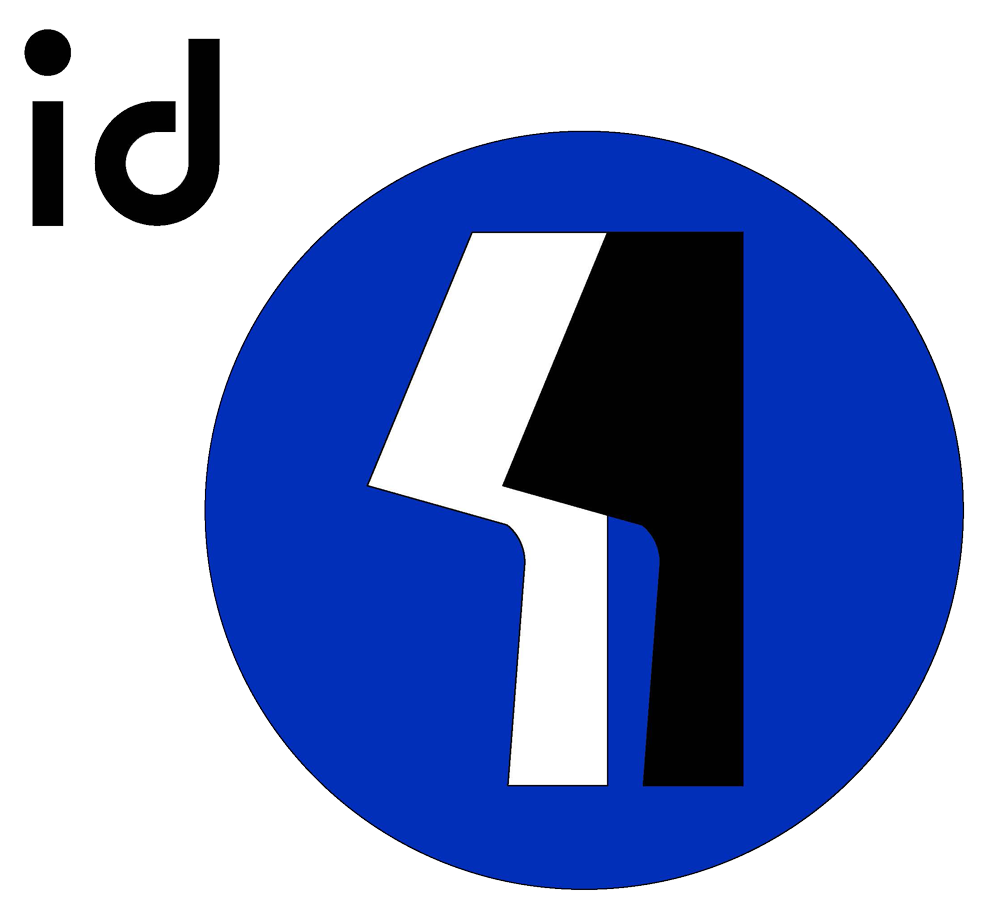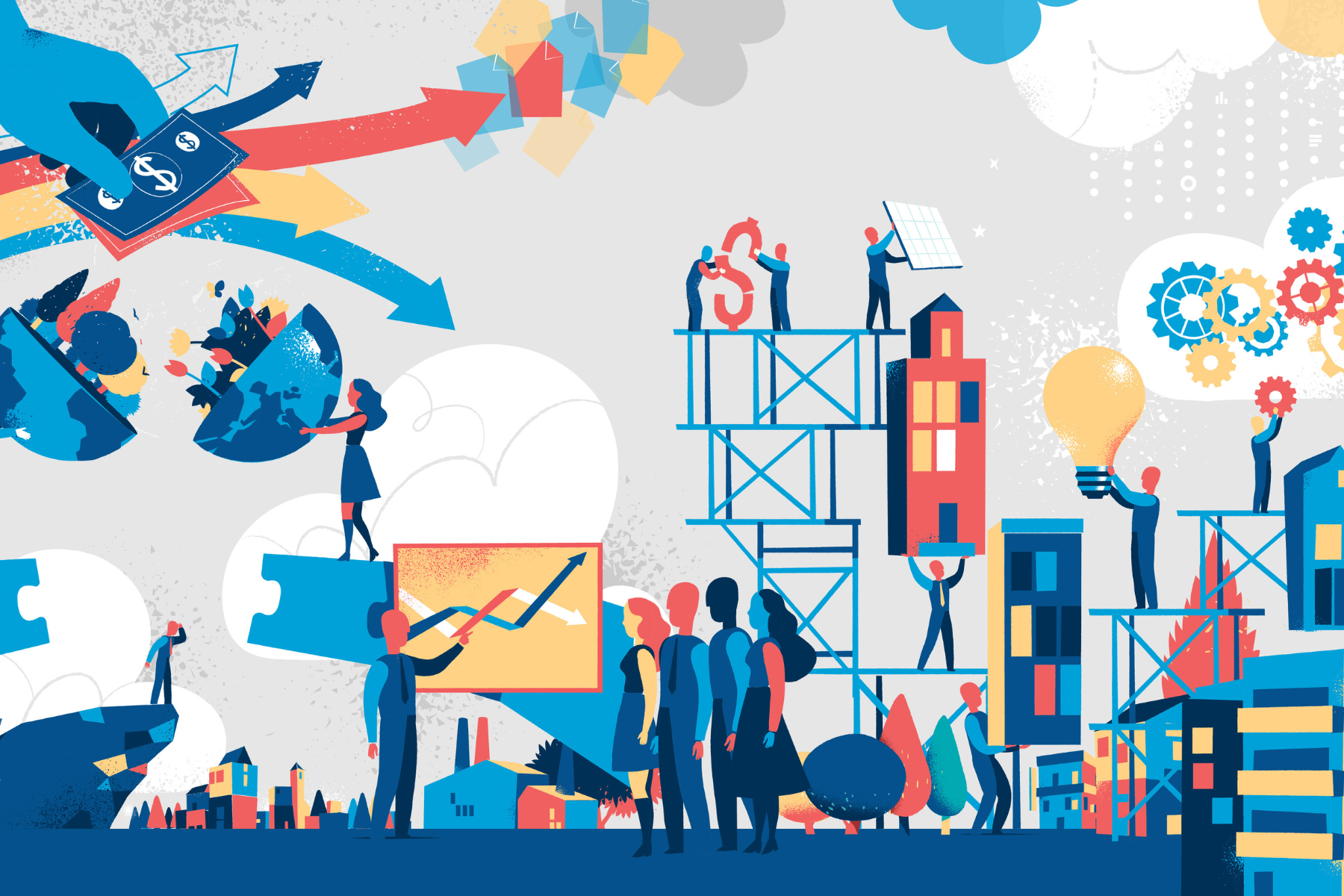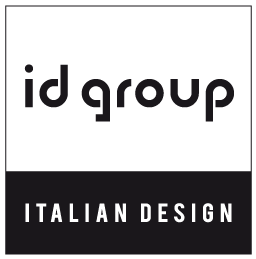In recent years, industry has seen a continuous technological evolution that has led to the emergence of new paradigms, includingIndustry 5.0. This cutting-edge approach combines digitization with the concept of environmental sustainability, laying the foundation for a responsible, progress-oriented industrial future.
Industry 5.0 aims to combine artificial intelligence, the Internet of Things (IoT), advanced robotics and other emerging technologies to create an increasingly interconnected and intelligent industrial environment. Digitization of the production process enables greater efficiency, precision and customization, taking the industry to a whole new level of competitiveness and innovation.
The Benefits of Industry 5.0 on Sustainability
A key element of the
Industry 5.0
is its ability to integrate sustainable solutions into the production and distribution chain. The adoption of advanced technologies, such as IoT sensing andreal-time data analysis, enables accurate monitoring of industrial processes. This makes it possible to identify potential waste and inefficiencies, promoting more rational resource management and reduced environmental impacts.
In addition, Industry 5.0 promotes the concept of the “smart factory,” where production is highly flexible and adaptable to market needs. This means that it is possible to produce more purposefully and with less waste, optimizing the use of raw materials and reducing waste.
The impact of Industry 5.0 on Companies
The adoption of Industry 5.0 is both a challenge and an opportunity for companies. On the one hand, it requires a significant investment in technology and staff training. On the other, it offers a significant competitive advantage, with the possibility of optimizing production processes and improving the quality of products and services offered.
Another important benefit is the increased ability to respond to the needs of increasingly sustainability-conscious consumers. Industry 5.0 makes it possible to provide customized products made with eco-friendly processes and recyclable materials, meeting the expectations of an increasingly demanding customer base in terms of environmental sustainability.
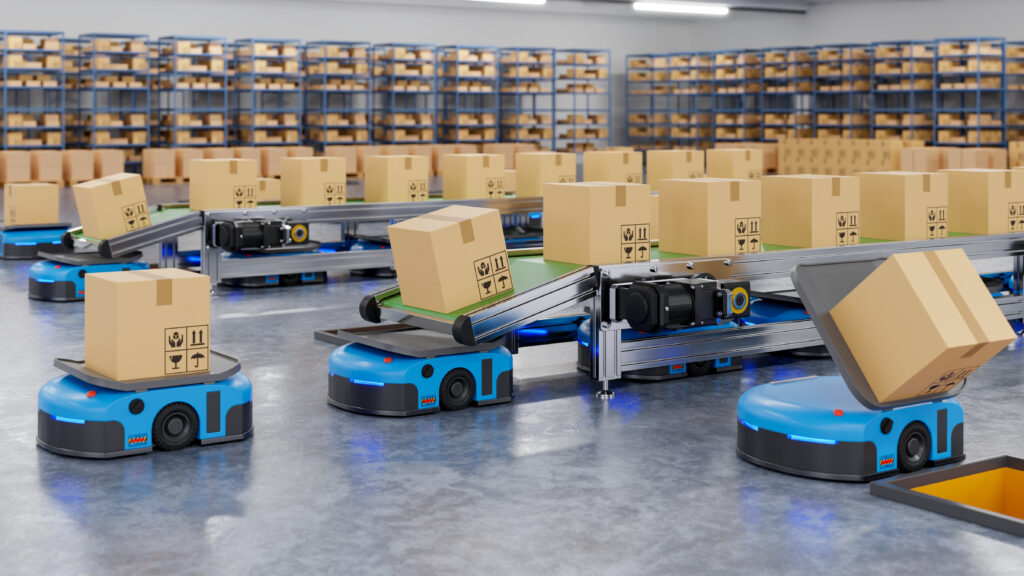
Marketing Strategies in the Era of Industry 5.0
With the arrival of Industry 5.0, marketing strategies must also adapt to this new environment. Companies must transparently communicate their sustainable initiatives and their commitment to a greener future. The modern consumer is interested not only in the final product, but also in the entire life cycle, including the environmental impact of the production process.
Marketing campaigns should focus oneducating consumers about the benefits of sustainability and the added value of sustainable products and services. Effectively communicating the company’s efforts to reduce its environmental footprint will be key to gaining customer trust and increasing brand loyalty.
Industry 5.0 thus represents a significant evolution in the manufacturing world as it focuses on humans and their needs, placing sustainability at the center of its strategies. This new industrial approach generates greater responsibility to the environment by adopting the 5Rs: reduce, reuse, recycle, recover and remanufacture. These principles guide the entire product lifecycle, from design to production to disposal or reuse. Focusing on the 5Rs enables companies to reduce consumption of natural resources, minimize waste, cut down pollution and contribute to the conservation of the planet’s resources.
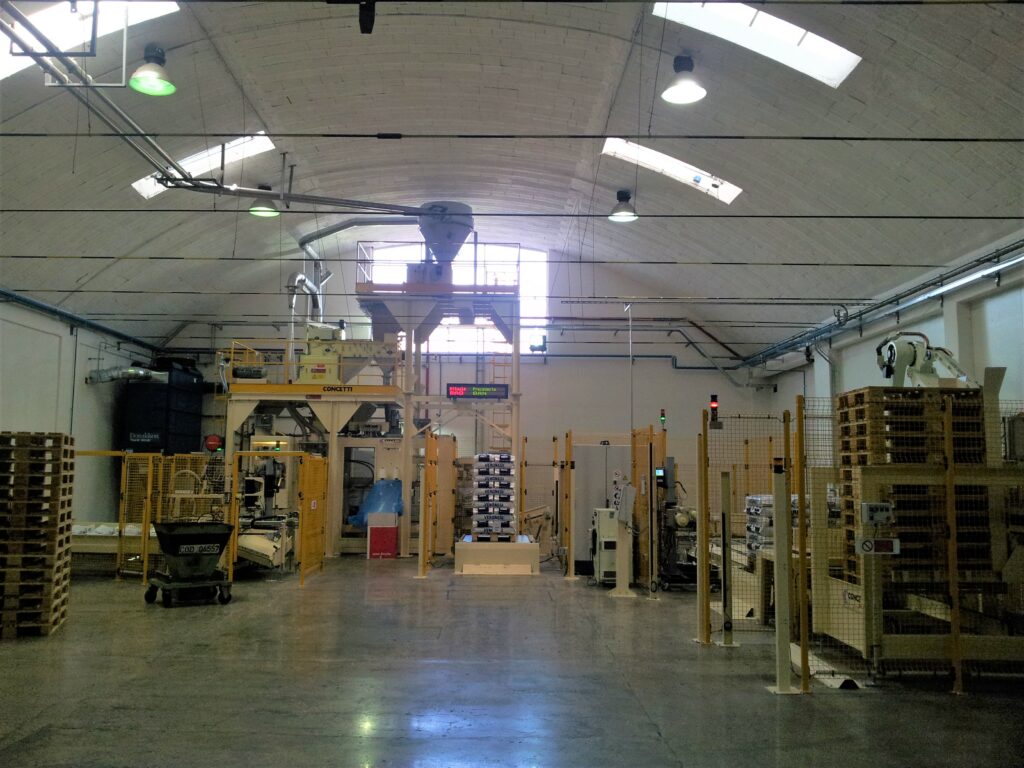
id group is committed to being on the cutting edge, focusing on the redevelopment of existing industrial buildings, transforming them into highly efficient and technologically advanced spaces.
Click here to explore our solutions and find out how we can transform your industrial projects, bringing them into compliance with Industry 5.0 technologies and sustainability principles.
Don’t miss the opportunity to shape a more efficient and responsible industrial future!
